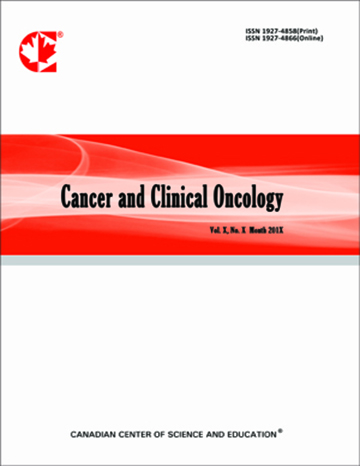Comprehensive Genomic Profiling of Recurrent Classic Glioblastoma in a Patient Surviving Eleven Years Following Antineoplaston Therapy
- Stanislaw Burzynski
- Tomasz Janicki
- Gregory Burzynski
Abstract
Most patients with recurrent glioblastoma (RGBM) die within 6 months regardless of treatment. In phase II studies of Antineoplaston A10 and AS2-1 injections (ANP), our investigators have reported objective responses and long-term survival in RGBM. Using a next-generation sequencing (NGS) based assay of 343 cancer-related genes and introns, comprehensive genomic profiling of tumor tissue obtained from a RGBM patient (who remains alive and well) was performed 11 years after diagnosis and permitted assignment of the patient’s RGBM to the classical subgroup. The most important genomic alterations included amplification of epidermal growth factor receptor (EGFR), cyclin-dependent kinase inhibitor 2A and 2B (CDKN2A/B), loss of phosphatase and tensin homolog (PTEN) and telomerase reverse transcriptase (TERT) mutation. An analysis of the signaling networks and other targets of ANP therapy was recently performed and presented in this publication. Based on our findings, patients with classical RGBM have a reasonable possibility of responding to ANP therapy and experiencing long-term survival. It is proposed that this subgroup of RGBM patients be enrolled in a genomics-driven clinical trial of ANP therapy.- Full Text:
 PDF
PDF
- DOI:10.5539/cco.v4n2p41
Journal Metrics
Google-based Impact Factor (2018): 3.94
h-index (August 2018): 8
i10-index (August 2018): 6
h5-index (August 2018): N/A
h5-median(August 2018): N/A
(The data was calculated based on Google Scholar Citations. Click Here to Learn More. )
Index
Contact
- Lexie GreyEditorial Assistant
- cco@ccsenet.org
